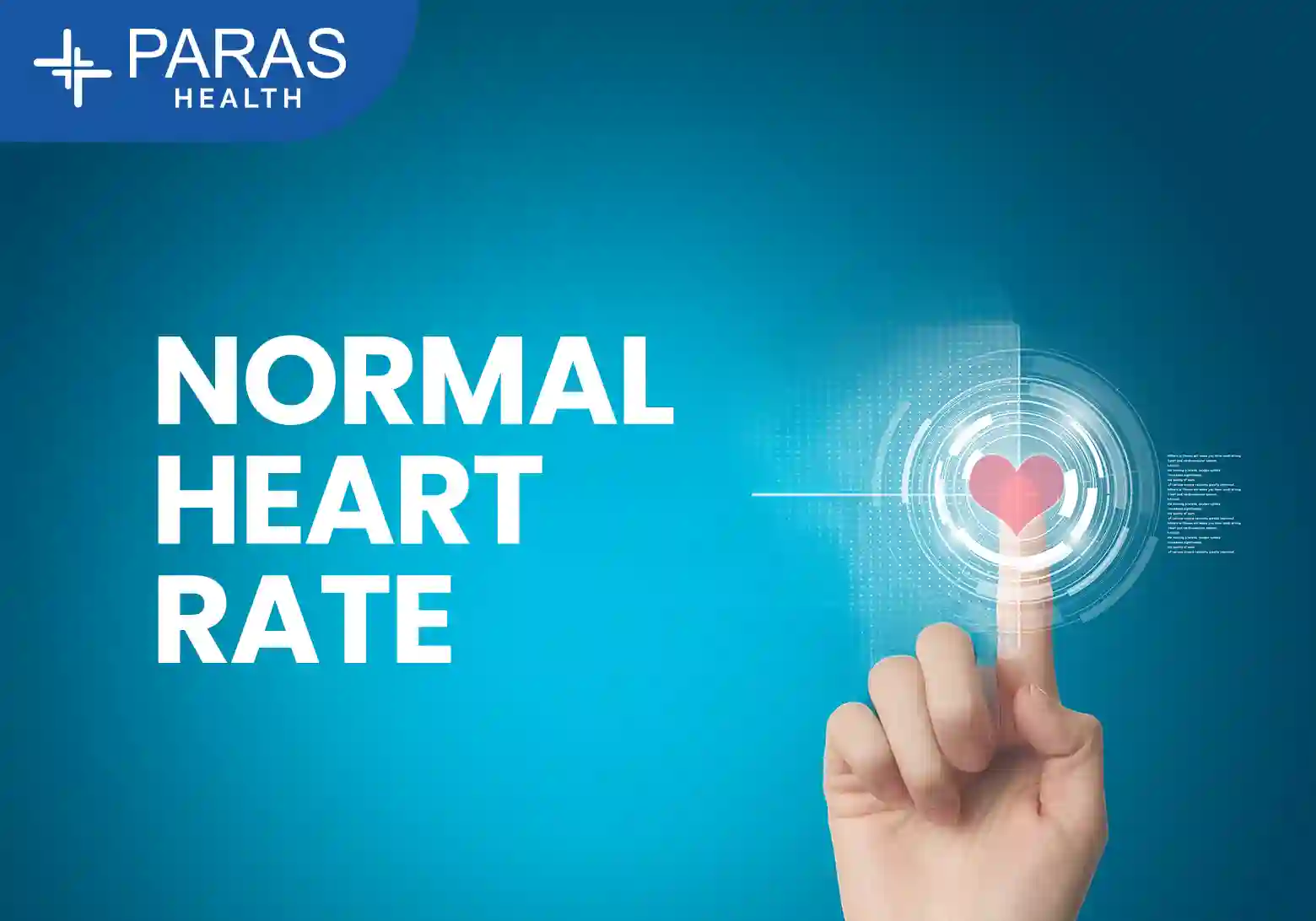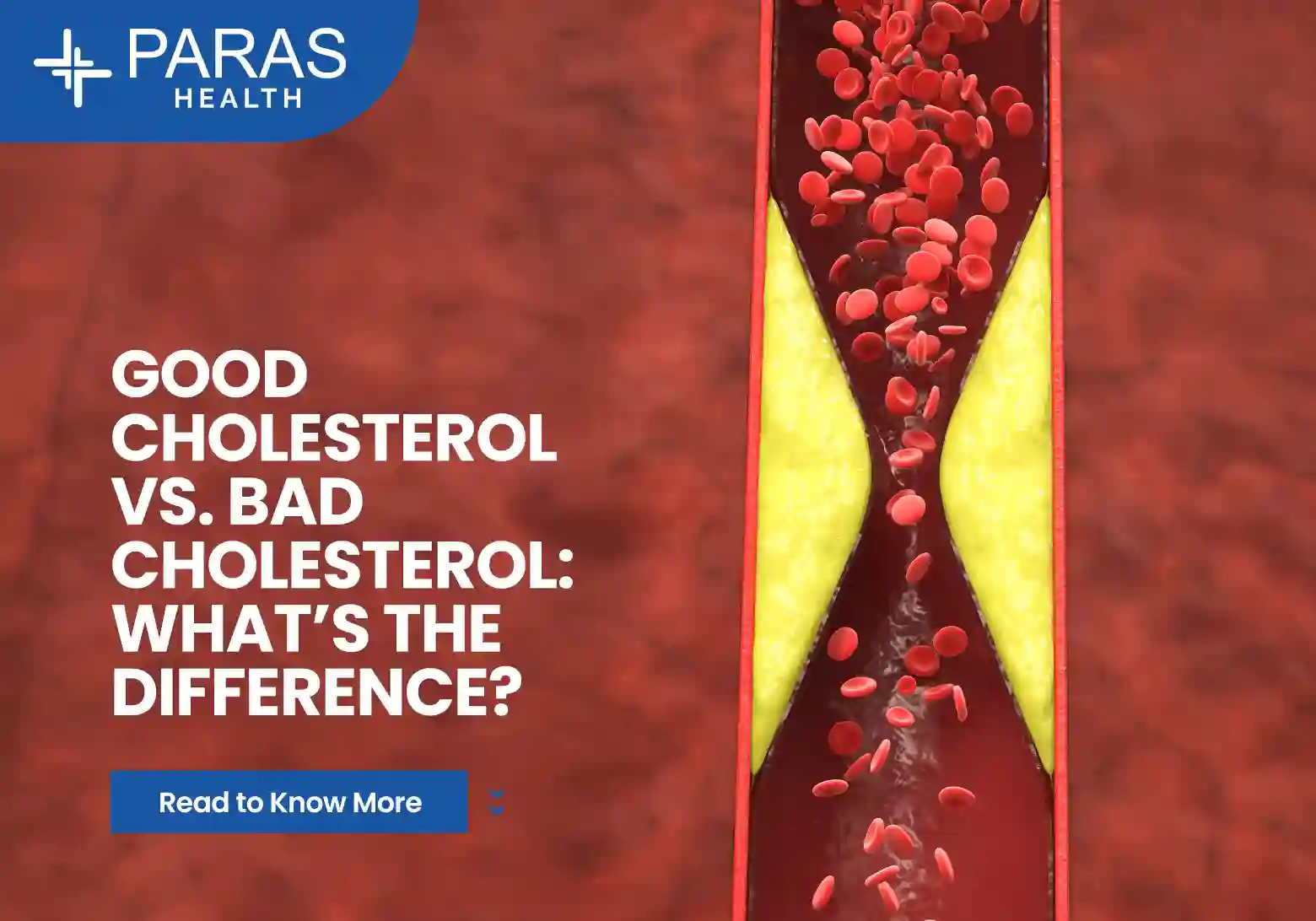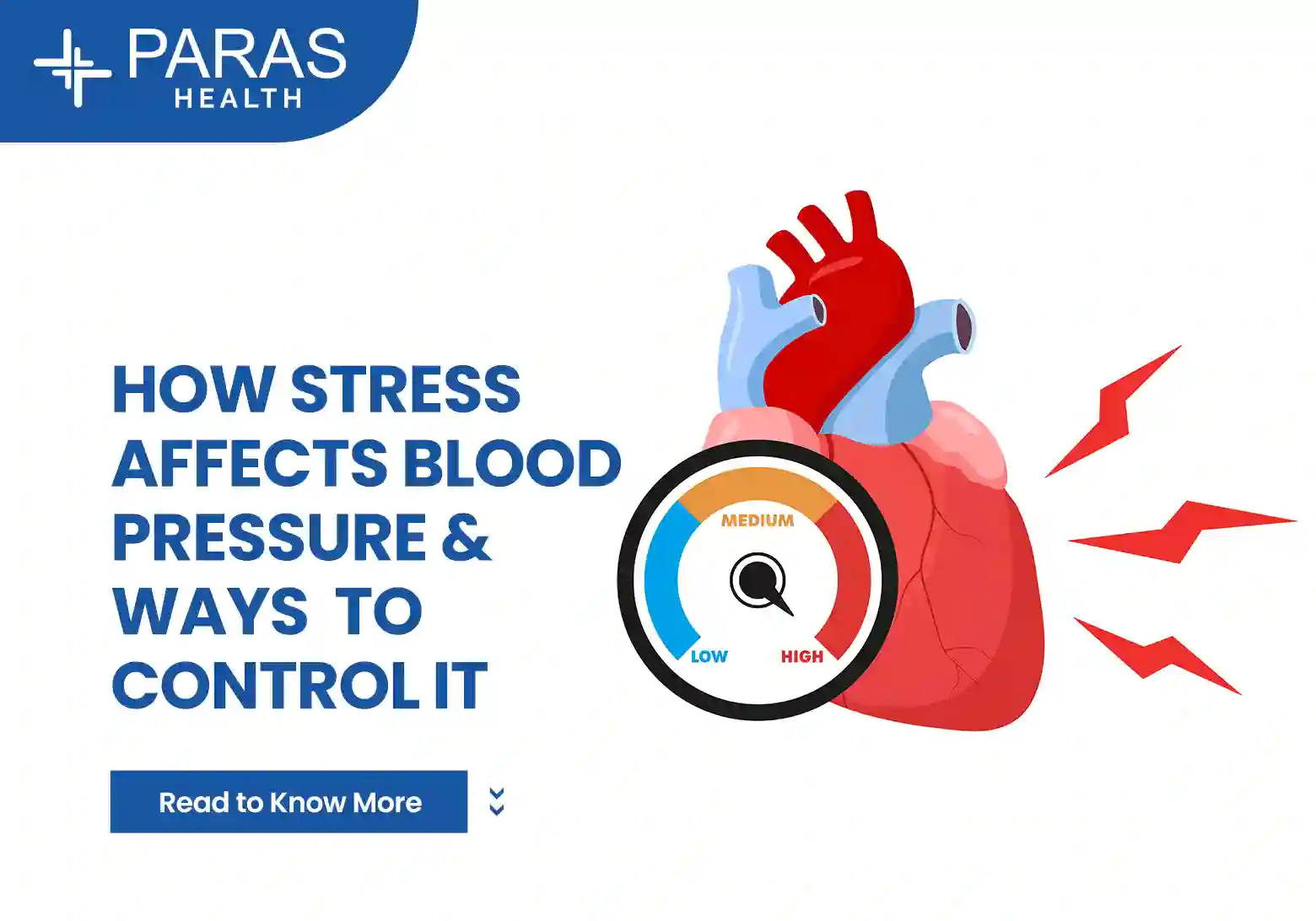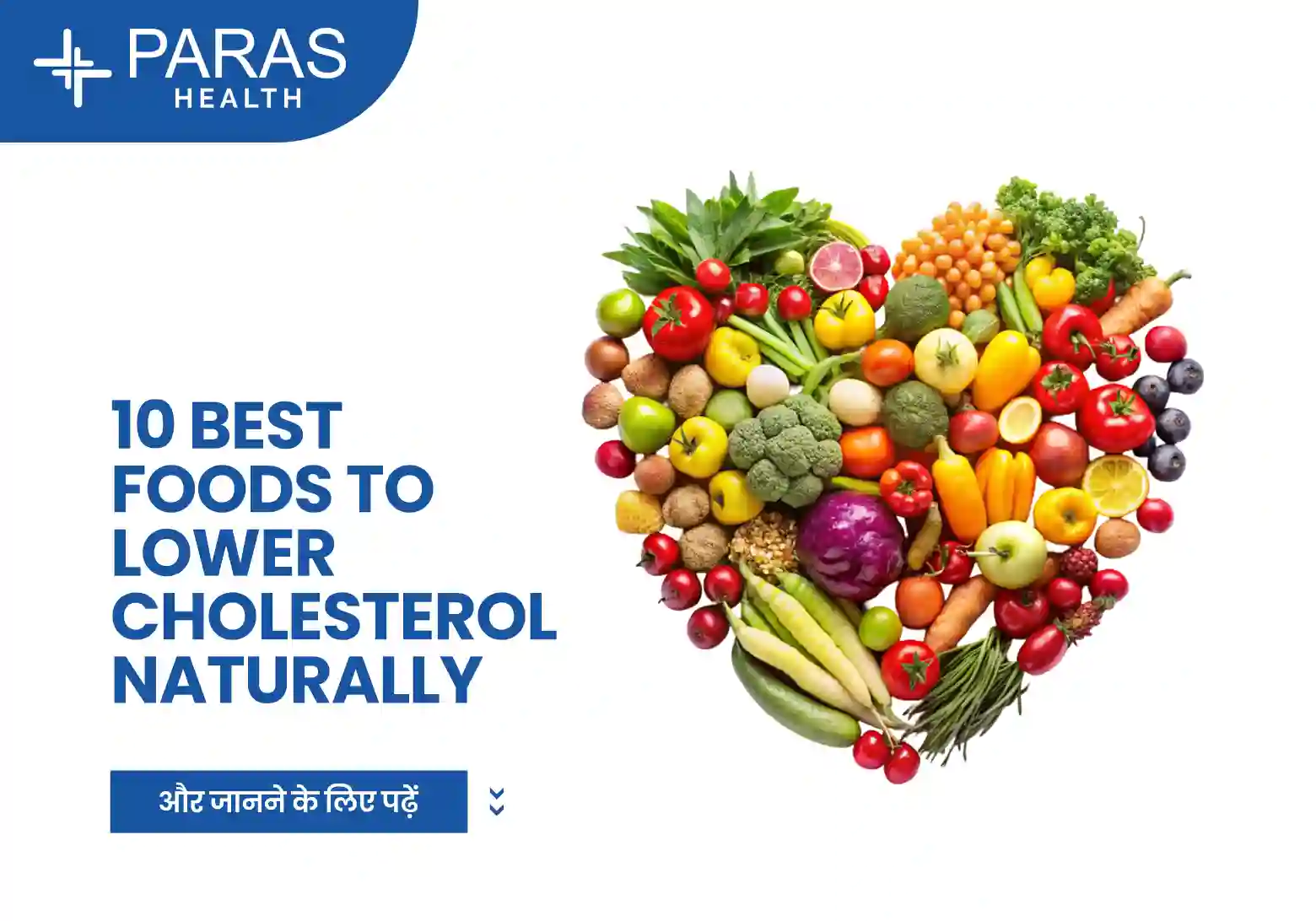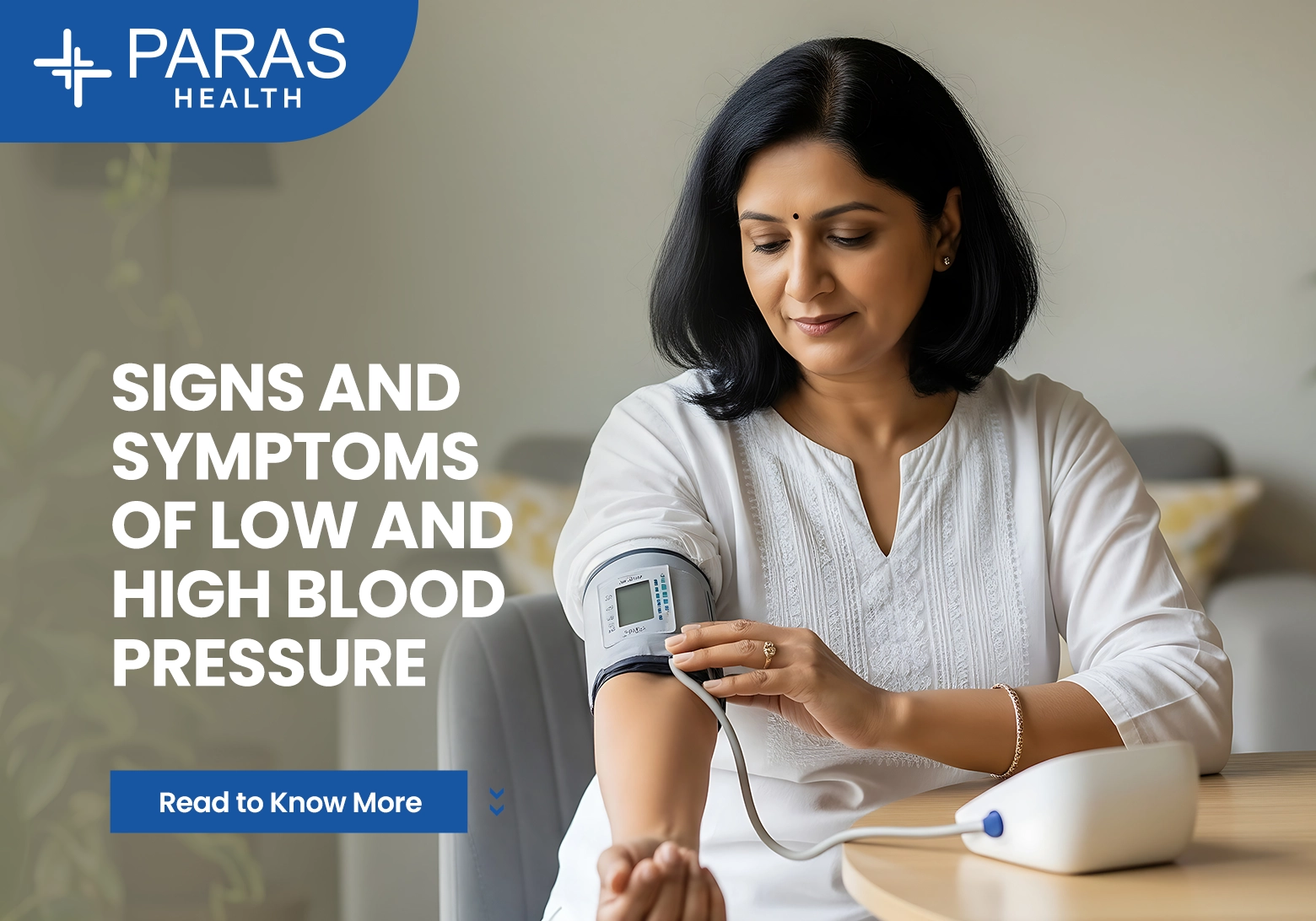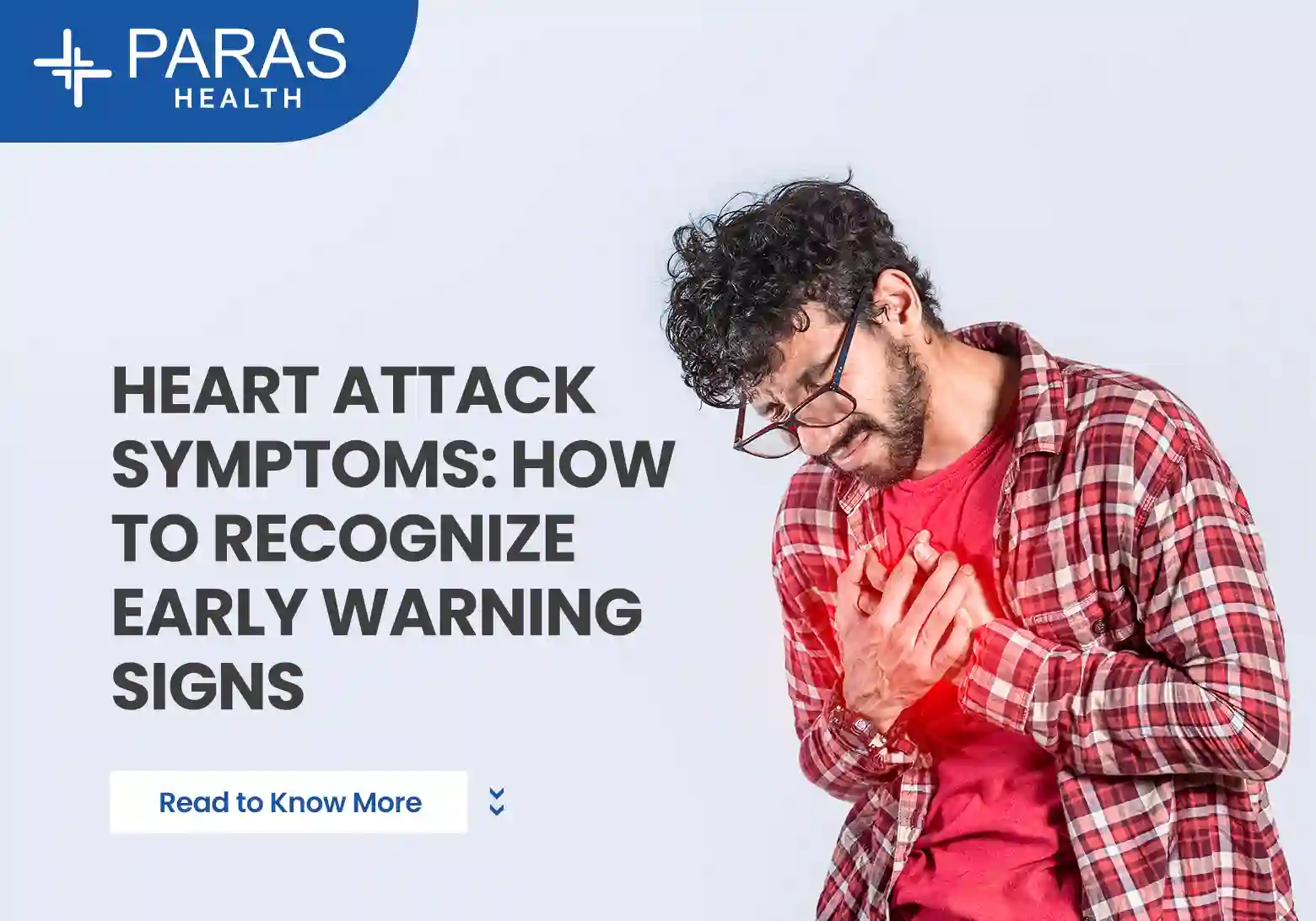Coronavirus in Heart Infection
Apr 19, 2022
Corona has become a major health emergency all over the world. There are very few countries which could have escaped this. We all think corona as an infection of lungs but data from other countries like USA, China and Italy has shown that heart is the major organ affected. People with heart disease tend to get more serious life-threatening infection with death rate of more than 20%.
This virus can spread via direct droplet related infection from air or indirectly, if the secretions falls on a particular surface like Table, Pen, Mobile phone etc and once we touch them, dust particles with microorganisms called as Fomites get attached to hard surfaces and they enter either by direct coughing or fomite to face.
The common symptoms can be –
- Fever and Cough 60% and 68% respectively
- Nasal congestion in 5 %
- Sore throat in 14%
- Shortness of breath in 12%
Covid of lungs presents with cough fever and breathlessness whereas Covid of heart presents with chest pain palpitations and breathlessness. Pseudo heart attack is seen in 20% cases. Time from start of infection to appearance of symptoms is 2 to 14 days (incubation period).
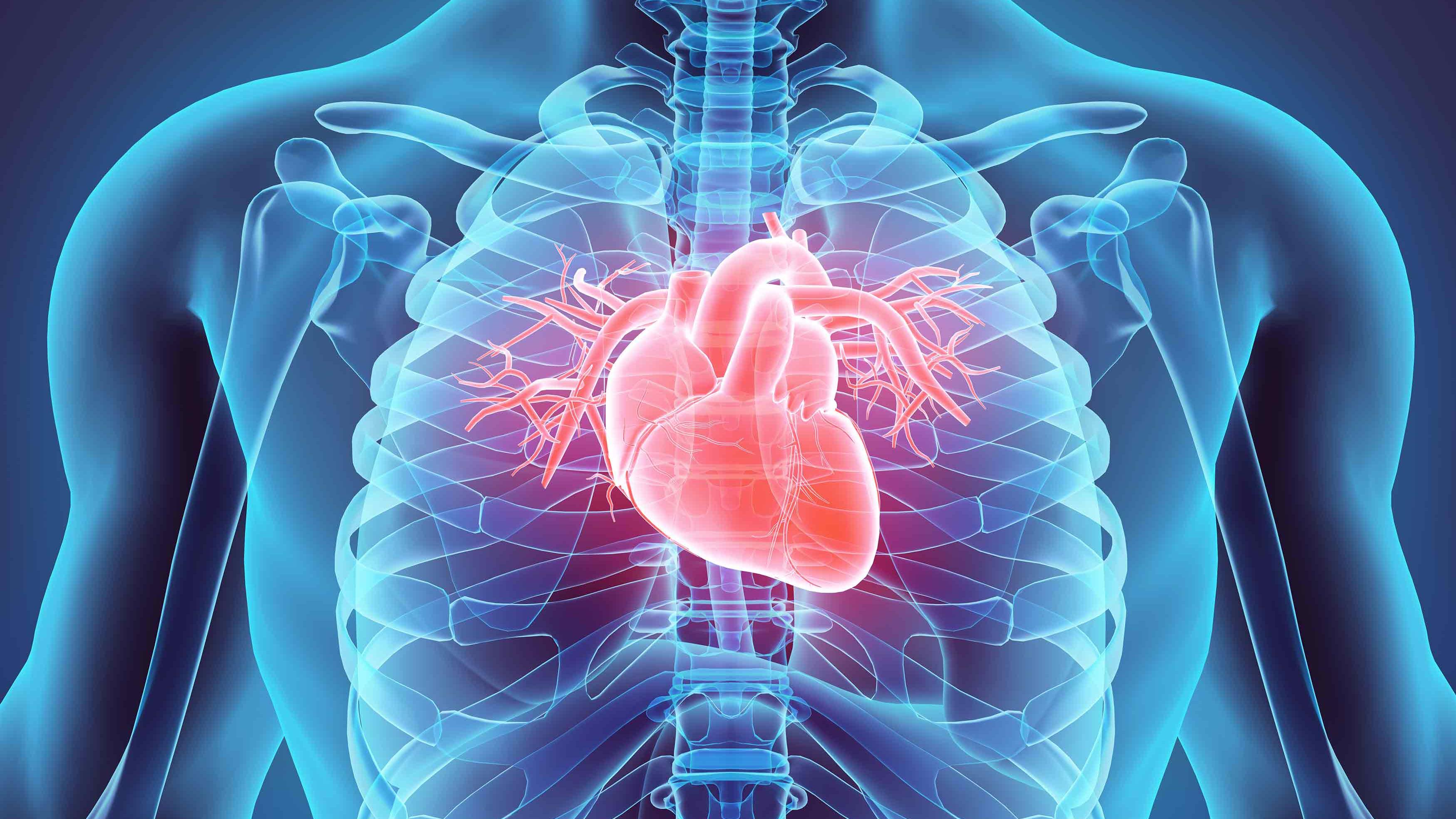
Why corona virus is more dangerous in heart patients because they go through ACE receptors which is present in heart and lungs. Chinese study showed People with comorbidities (Term called comorbidity in lay man language means coexisting illness) and age more than 55, history of previous heart attack, brain stroke, hypertension, diabetes had severe effect on lungs and direct effect on heart. Affects can be immediate like heart attacks, myocarditis.
6 rules for heart patients:
- Avoid close contact with people suffering from cough and cold and keep atleast 1 metre distance. Self-isolation of elderly cardiac patients without direct contact with outside world.
- Avoid large gatherings like Social events, Burial Ceremonies, Religious Places etc. Avoid travel on bus train or air.
- For patients with cardiac hypertension and lung problems, face mask has a role not for other patients. Don’t touch your face.
- Wash your hands atleast 6 to 8 times and spend atleast 20 sec washing
- Coughing into elbow or tissue and Handkerchiefs are to be avoided.
- Regular exercise yoga and strict control of sugars and BP go a long way in decreasing the severity of coronavirus.



